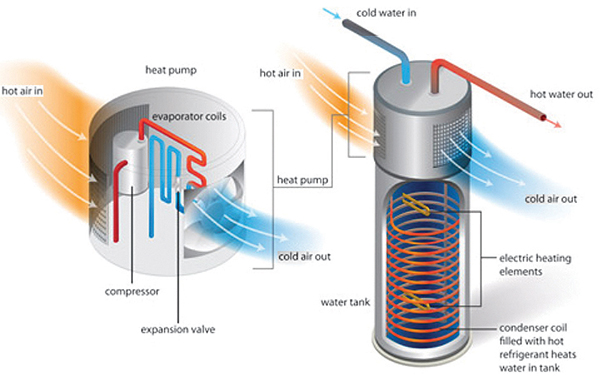As you assess your fall maintenance projects, make sure that your heating elements will make it through the winter season. First, some money saving tips if you need to upgrade your system. Visit efficiencymaine.com to explore rebates for certain types of heating equipment and systems. Efficiency Maine also offers low-cost or no-cost heating and weatherization upgrades for qualifying, low-income households. Next, shop around. Getting quotes from several professionals in your area will help you decide which model is right for you and get the right price for it.
FURNACES. Here are four quick things to check or fix on your own if your furnace is not turning on or doesn’t seem to be working properly:
• Confirm that the circuit breaker is on. Sometimes, it can get tripped, and all it takes is a simple toggle of the switch.
• Check the air filter. If your air smells musty or dirty, that’s a good indication it’s time for a replacement filter. If the filter itself looks dirty or clogged, definitely switch it out.
• Check the pilot light or electric ignition. If it’s off, follow instructions in your furnace’s user manual to troubleshoot.
• Clear any blockages at ducts and intake and exhaust vents.
If your furnace is reaching 15- to 20-years of age, take extra care during a cursory inspection. Here are some signs of furnace failure:
• You hear clunking, whirring, or other strange noises.
• Your thermostat says the heat is on, but it’s blowing cold air.
• Your heating bill has suddenly spiked while your home-heating habits have not.
If none of those quick fixes make a difference, it’s time to call an HVAC specialist for a repair or start shopping for new one. If you need to replace your heating system, more efficient options are available since you were last on the market. Oil remains the most common heating fuel in Maine. Energy Star certified oil furnaces are up to 4% more efficient than baseline models and can save up to $75 in costs per year.
Biomass furnaces or pellet furnaces work like pellet stoves, burning a wood byproducts, a renewable fuel. Pellet furnaces have a larger capacity than stoves and usually have a self-cleaning option.
Heat pumps are the most popular heating system across all of Efficiency Maine’s rebates. They offer heating, air conditioning and dehumidification in one energy efficient package, though due to our frigid winters, most Maine homeowners will still need a traditional furnace for supplemental heat.

WATER HEATERS. If you’re looking to replace an old water heater, you can now choose models that are “tankless” or “instantaneous/on-demand” alongside the conventional “storage”/”tank” water heaters, which pull cold water through a pipe then heat it up before storing that hot water in a big, insulated tank. One big drawback to storage heaters is the passive loss of energy as stored water cools when not in use and the heating element turns back on to maintain temperature.
Tankless/on-demand water heaters heat water at the moment it’s being used by pulling cold water into the unit, heating it, then immediately dispensing it.
Which one should I get? A tankless water heater costs more upfront. However, tankless mod-els typically have a longer lifespan and the energy savings it provides may be noticeable depending on your family’s usage and energy costs in the area. Both tank and tankless options can use natural gas or electricity as their energy source, so depending on the price and availability of each in your area, one may be more efficient than the other for your needs.
Deciding whether to get a tankless or storage option also depends on the amount of hot water your household uses every day. The U.S. Department of Energy estimates that tankless water heaters heat two to five gallons per minute. If you’re used to running the washing machine while someone hops in the shower, then a single tankless water heater probably won’t meet your needs and installing multiples could break the budget.
If you need stored hot water, heat pump water heaters are increasing in popularity, though they have certain space and maintenance requirements. Heat pump water heaters function like traditional storage tanks and include an electric heating unit for when the pump can’t meet demand.
Comments are not available on this story. Read more about why we allow commenting on some stories and not on others.
We believe it's important to offer commenting on certain stories as a benefit to our readers. At its best, our comments sections can be a productive platform for readers to engage with our journalism, offer thoughts on coverage and issues, and drive conversation in a respectful, solutions-based way. It's a form of open discourse that can be useful to our community, public officials, journalists and others.
We do not enable comments on everything — exceptions include most crime stories, and coverage involving personal tragedy or sensitive issues that invite personal attacks instead of thoughtful discussion.
You can read more here about our commenting policy and terms of use. More information is also found on our FAQs.
Show less